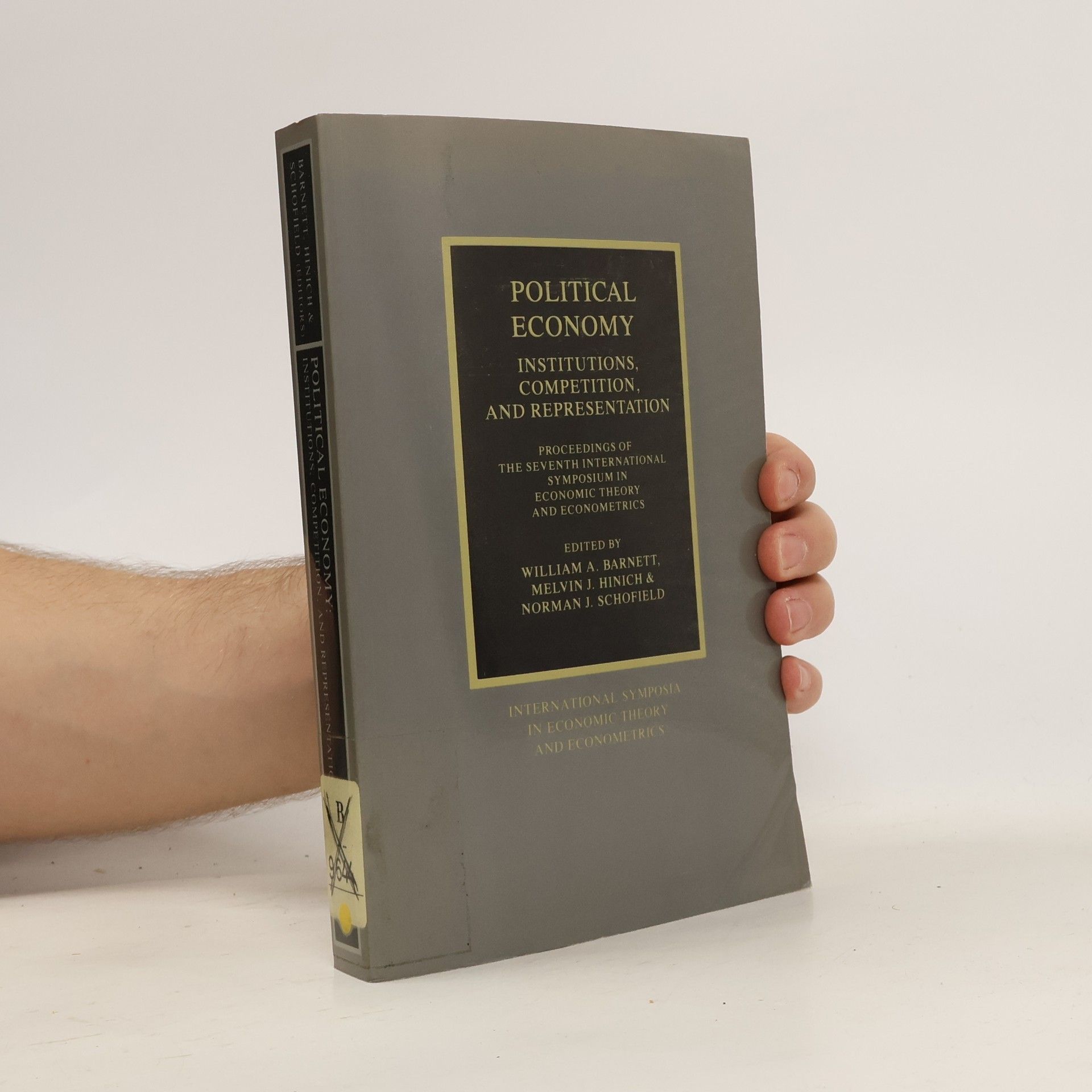Simple, elegant, and powerful, tools are available in user-friendly, free software to help design, build, and run models of social interactions, even on the most basic laptop. Focusing on a well-known model of housing segregation, this Element sets out the fundamentals of what is now known as 'agent based modeling'.
Norman Schofield Book order (chronological)




In this Element we develop: stochastic models, which add a crucial element of uncertainty to human interaction; models of human interactions structured by social networks; and 'evolutionary' models in which agents using more effective decision rules are more likely to survive and prosper than others.
Architects of Political Change
- 334 pages
- 12 hours of reading
The book examines the significant impact of key political figures in Great Britain and the US on transformative societal changes. It delves into their roles and decisions, highlighting how their leadership shaped political landscapes and influenced historical events. Through detailed analysis, it sheds light on the interconnectedness of their actions and the broader implications for both nations.
The contents of this volume are drawn from the seventh International Symposium in Economic Theory and Econometrics, and represent recent advances in the development of concepts and methods in political economy. Contributors include leading practitioners working on formal, applied, and historical approaches to the subject. The collection will interest scholars in the fields of political science and political sociology no less than economics. Part I outlines relevant concepts in political economy, including implementation, community, ideology, and institutions. Part II covers theory and applications of the spatial model of voting. Part III considers the different characteristics that govern the behaviour of institutions, while Part IV analyses competition between political representatives. Part V is concerned with the way in which government acquires information held by voters or advisors, and Part VI addresses government choice on monetary policy and taxation.